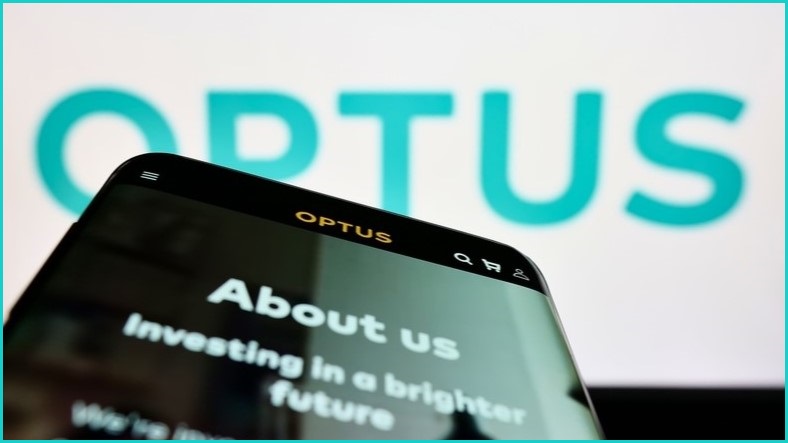Low earth orbit (LEO) satellite services and large-scale roaming could help telcos ride out major service interruptions, the government has suggested as a new Parliamentary report into last year’s major Optus outage recommends an overhaul of telco emergency measures.
The report – which was handed down in late September by the Senate Standing Committee on Environment and Communications after a 10-month investigation into Optus’s major outage on 8 November 2023 – offered seven recommendations to improve the resilience of Australia’s telecommunications networks in the wake of the Optus outage.
That hours-long national outage – which was caused by a routine software upgrade and impacted millions of Australians as businesses struggled to function – caused the failure of more than 2,700 Triple Zero emergency calls, tanked the company’s reputation and led to the resignation of former CEO Kelly Bayer-Rosmarin after she admitted the telco did not have contingency plans in place to manage such incidents.
With customers left struggling while Optus scrambled to fix the problem, the final report recommends that the Australian Communications Media Authority (ACMA) move “as a matter of urgency” to force communications carriers to communicate with government, emergency services, and the public during national outages – including details of when and what communications should be issued.
Optus should also strengthen governance controls with “extensive error checking and regular audits” to prevent similar incidents, the committee recommended while advising that the government work with carriers to weigh the feasibility of large-scale network roaming and mutual assistance arrangements that would allow them to fall back onto other existing networks during major outages.
Such roaming is “technically feasible” but requires better coordination between government and telco operators, the government’s Regional Mobile Infrastructure Inquiry concluded in the final report it issued last year, just two weeks before the Optus outage – which similarly recommended the industry find a way for Australian mobile customers to roam onto other networks in the same area during natural disasters and other emergencies.
Although automatically transferring all customers from one network to another during an outage is “not currently possible”, the Optus review notes that carriers have been working with the government to test “temporary disaster roaming within a localised area for a short, specified duration during natural disasters”.
While for now testing is focused on roaming “in times of natural disasters only, and not during major outages,” the committee called the early trials “just the first step” and encouraged further efforts “to test the feasibility and practicality of nation-wide roaming during network outages.”
Poor communication hits telcos’ reputations
Minister for Communications Michelle Rowland telegraphed the Optus inquiry’s findings in the government’s response to April’s Bean Review into Triple Zero services, issuing a new Telecommunications (Customer Communications for Outages Industry Standards) Direction 2024 that requires ACMA to ensure carriers “take all reasonable steps to ensure emergency calls can be carried on any available network during an outage…. addressing the technical fault which resulted in many Optus customers being left unable to reach Triple Zero during the outage.”
Carriers will, she said, be required to provide “improved visibility of future outages” including notifying customers “as soon as practicable if their mobile device is unable to access the emergency call service” through updates on websites, social media, radio and television news bulletins, and via email update.
The importance of clear and regular notifications was clear during a recent major outage at Internet service provider Aussie Broadband, whose technical staff took to forums like Reddit to update Victorian customers that were kept offline for most of a day – with one customer venting that there had been “no SMS or any communication” from Aussie Broadband and another claiming to have had “more outages with Aussie in the past two years than I’ve ever had in all of the years prior.”
The Telecommunications Ombudsman fielded 1,642 complaints about a lack of phone or Internet service during the January to March quarter, the agency’s latest statistics revealed – with Optus copping 3,595 complaints overall, down from 4,440 complaints in the quarter during which the company’s major outage occurred.
Still reeling from the aftershocks of its outage, Optus has been working to improve its resilience – having last year partnered with Starlink parent SpaceX in a deal that will allow Optus customers to send text messages from anywhere in Australia via satellite from next year.
Leveraging the increasing integration of direct Starlink connectivity in iPhones and other mobile devices – and Starlink Direct to Cell technology that delivers standard 4G services to terrestrial phones – that deal will also allow customers to make voice and data calls by 2025, potentially positioning the LEO service as a low-powered yet highly available alternative for customers to use when conventional networks are unavailable.










